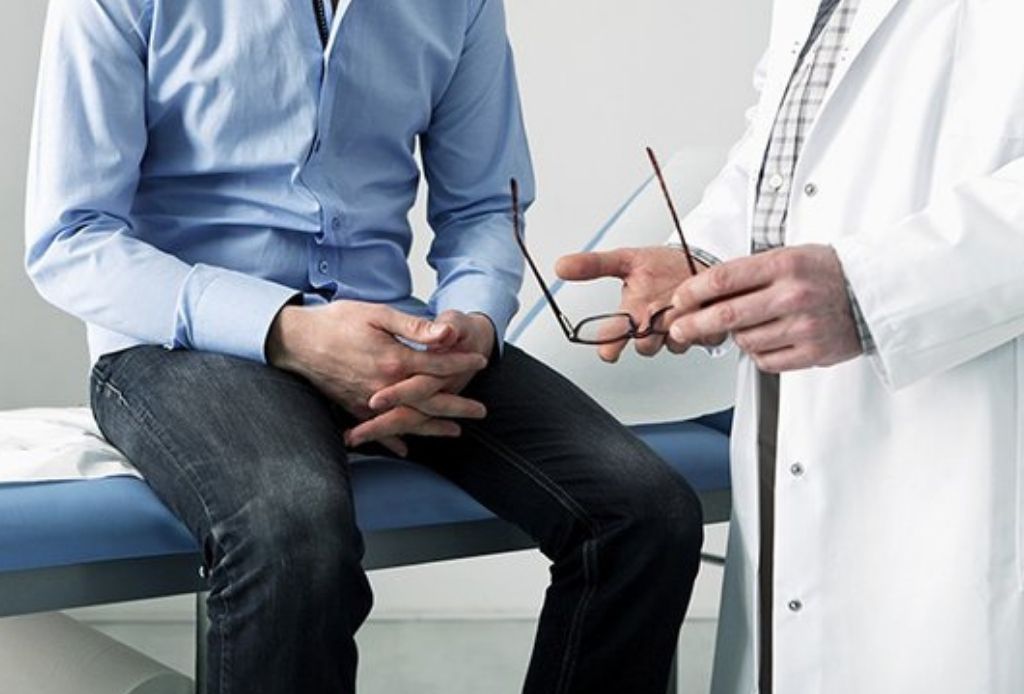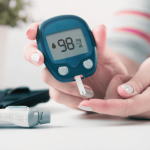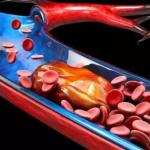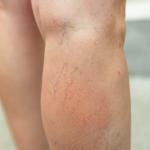
Varicose Veins In Scrotum: A Leading Cause of Male Infertility
About one in seven men has varicocele or varicose veins in the testicles. A varicocele is an enlargement of the veins within the loose bag of skin that holds the testicles (scrotum). Similar to varicose veins in the legs, varicocele occurs when blood pools in the veins rather than circulating efficiently out of the scrotum resulting in swelling and dilation.
Varicoceles or varicose veins in the scrotum usually form during puberty and develop over time. They are a common cause of male infertility, causing low sperm production. They may cause some discomfort or pain but often result in no symptoms or complications.
Varicose veins can also put you at risk for deep vein thrombosis (DVT). A history of DVT can lead to other problems affecting infertility. Penile Mondor Disease, for example, is a disorder that causes blood clots in the superficial veins of the penis.
Understanding Male Factor Infertility
Infertility can affect both women and men. Male factor infertility is defined as abnormal semen parameters in the male partner of a couple who has been unable to conceive after one year of unprotected intercourse. If you are affected in this situation, receiving a diagnosis or second opinion is important to learn more about options and treatments.
How Varicoceles Affects Fertility
Varicoceles is a condition in which the veins in your scrotum expand. Your veins have one-way valves that allow blood to flow out of your testicles and scrotum and back up to your heart when they’re working properly. When those valves don’t work properly, blood collects in your veins, stretching and bulging them, causing varicose veins in the scrotum. This occurs whether it is in the veins of your legs or more intimate areas of your body.
Swollen veins in the scrotum aren’t just a cosmetic issue. Internal pressure and temperature might rise as blood builds up in your veins. And here, your fertility may be jeopardized― increased pressure and heat can harm your testicles. This could lead to decreased sperm production, and poor sperm quality, both of which could impact male fertility. In fact, 4 out of 10 men have problems conceiving their first child due to varicoceles. New research shows that varicoceles are also associated with low testosterone levels.
Symptoms Associated With Varicoceles
A dull aching pain is the most common symptom associated with varicoceles. Your scrotum can get swollen or tender. The area may feel heavier than usual like it’s dragging from your body. Also, the veins in your testicles may become dilated or spaghetti-like. Most men describe this feeling as a bag of worms in their scrotum. In addition, the side of your scrotum without varicocele may appear smaller due to changes in your blood flow.
Common symptoms include:
- Sharp or dull discomfort
- Pain worsens with physical activity or standing for long periods
- Pain is better when lying on back
- More severe at the end of the day
- Infertility issues
If you notice any of these varicocele symptoms, seeking a diagnosis is important. Your healthcare provider can likely diagnose this vein problem with a physical testicular exam. If varicose veins in your scrotum are the problem, you’ll receive treatment recommendations. USA Vein Clinics offers a minimally invasive, highly effective treatment with significant advantages over surgery.
Penile Mondor Disease (PMD)
While rare, some men develop inflammation in their penile veins, triggering a condition called Penile Mondor Disease (PMD). This can raise your risk for blood clots and can cause pain or swelling.
Genetics and trauma (like with a sports injury) to the area can increase your risk f PMD. If you have PMD, your first symptom will likely occur between 24-48 hours and presents itself as hardening of the vein on top of your penis. Your skin may also turn red, swelling may develop, and you may experience throbbing pain, especially with an erection.
Another symptom of PMD is difficulty and pain while urinating. PMD can usually be diagnosed with a physical exam, but in some cases, you’ll need an ultrasound as well.
Our PE Treatment For Varicoceles
USA Vein Clinics offers a minimally invasive outpatient varicocele treatment called percutaneous embolization (PE). This is a minimally invasive outpatient treatment that our experienced interventional radiologists perform with a shorter recovery time, lower cost, and less discomfort than surgery. In fact, complete recovery time is usually, on average, about two days versus three weeks for surgery.
Once the varicocele is found, a catheter is inserted through the artery in the groin. The catheter is guided to the diseased veins, releasing embolic coils that block blood flow to the varicoceles.
After an observation time, we send patients home to recover at home. Patients return to everyday activities quickly, usually within the first week.
Schedule a Consultation at USA Vein Clinics
To learn more about decreasing your pain and boosting fertility, consider making an appointment at one of our nearby vein clinics. We can help determine if varicoceles are contributing to infertility or discomfort.
We look forward to meeting with you one-on-one to povide personalized treatment recommendations. For more information, call 888.768.3467.






